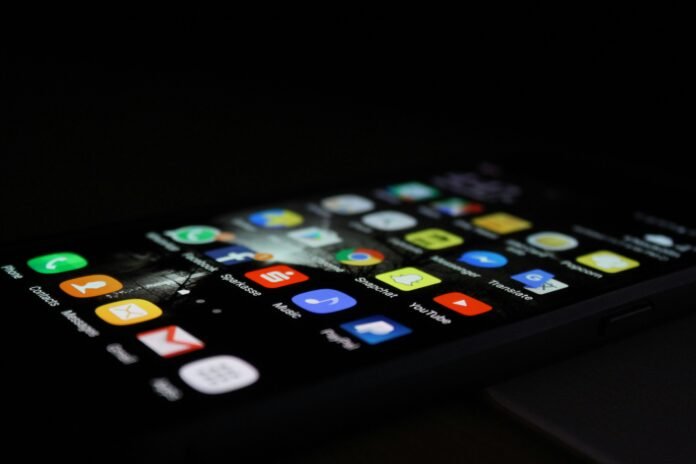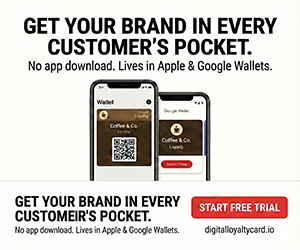Digital Health: How Apps Are Becoming the New Medicine
In a world increasingly driven by technology, smartphones are no longer just communication tools—they are becoming central to personal healthcare. From tracking heart rates to monitoring mental well-being, health apps are revolutionizing the way people manage their physical and emotional health. The phrase “there’s an app for that” now applies just as much to wellness as it does to entertainment.
According to a recent report by the World Health Organization, digital health tools—including mobile health apps—have seen a dramatic rise in usage over the past five years. The global COVID-19 pandemic accelerated this trend, pushing both patients and healthcare providers toward virtual solutions. Apps now help users track symptoms, schedule telehealth appointments, monitor medications, and even manage chronic conditions like diabetes and hypertension.
The New Health Companions
Apps like MyFitnessPal, Headspace, Flo, and Google Fit are household names for millions. They offer services that once required multiple appointments or expensive equipment—such as calorie tracking, guided meditation, period prediction, and sleep analysis—now conveniently bundled into sleek mobile interfaces.
“In the past, patients had to visit a clinic just to track blood pressure regularly,” says Dr. Nisha Rana, a digital health researcher. “Now, they can do it from home with an app-connected device, and even share real-time updates with their physician.”
Mental Health Goes Mobile
One of the most promising areas of digital health is mental wellness. Apps like Calm, Woebot, and Moodpath provide users with tools to manage anxiety, depression, and stress. Some even use AI to offer conversational therapy or daily check-ins.
However, experts caution that while these tools are beneficial, they should complement—not replace—professional mental health care.
Privacy and Accuracy Concerns
Despite the benefits, concerns remain over data privacy and the accuracy of health information delivered by these apps. Users often share sensitive health data, raising questions about how companies store, use, and protect this information.
Additionally, not all health apps are vetted by medical professionals. “People must be careful not to rely entirely on apps for diagnosis or treatment,” warns Dr. Rajesh Shrestha, a general physician. “Always consult a healthcare provider when dealing with serious health issues.”
The Future is Personalized
The next frontier in digital health is personalization. With the integration of AI and wearable devices, health apps are becoming more adaptive—offering custom fitness plans, diet suggestions, and even predicting health risks based on user behavior and history.
Governments and healthcare institutions are also taking notice. In countries like the UK and India, health apps are being integrated into public health systems to improve access and reduce strain on hospitals.
Conclusion
As technology continues to evolve, the relationship between healthcare and smartphones will only grow stronger. While apps won’t replace doctors anytime soon, they are rapidly becoming vital partners in proactive, everyday health management.




